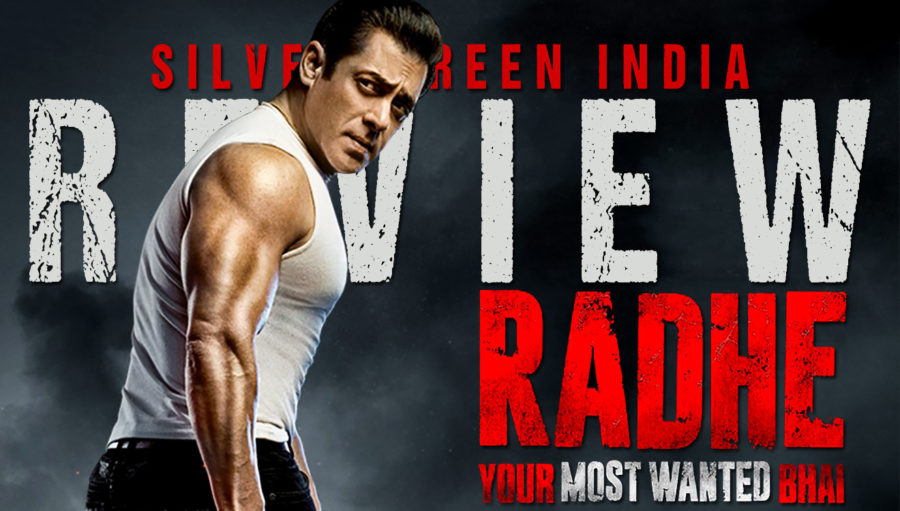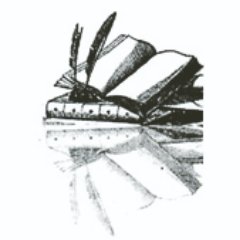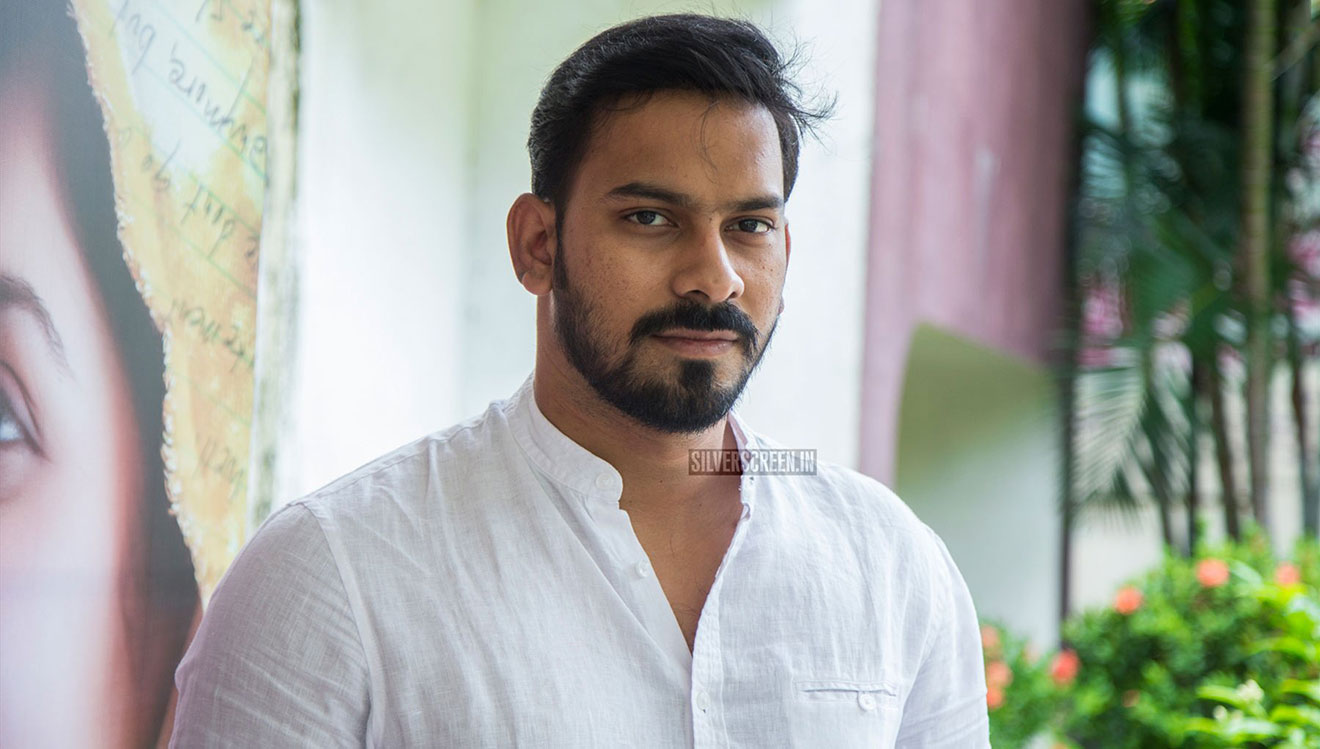Thirty minutes into Radhe, a young boy looks at Salman Khan, who plays a police officer, with admiration and says, “When I grow up, I want to become a cop like you.” Khan responds with a self-congratulatory smile and a pat on the boy’s shoulder. In the 30 minutes, Khan has butchered a sea of men, flirted with Disha Patani, who is 27 years younger than him after lying to her about his identity and participated in an awkward fashion photoshoot, all without moving any of his facial muscles. A role model to emulate.
Radhe, directed by Prabhu Deva, is the vapidest of all the pointless films that make up Khan’s recent filmography. Officially based on the South Korean thriller The Outlaws (2017), the film is dry as dust, a parade of poorly choreographed action sequences, forced humour ﹣you have Jackie Shroff in a little red dress in a scene ﹣ and a miserably awkward romantic track. Neither Prabhu Deva nor Khan succeed in emulating the appeal of the homegrown mass masala genre, although they generously borrow elements from various superhit Telugu and Tamil films.
All the characters Khan has played on-screen post Wanted (2008) ﹣ also directed by Prabhu Deva ﹣ the film that revived his career, are lookalikes who share acutely similar characteristics. In Radhe, Prabhu Deva grants him a super talent, an ability to move quicker than The Flash. In his introductory scene, when he storms into a high-rise office by breaking its glass door, the man standing next to him looks at the sky cluelessly to see who hurled a piece of glass at him. Bhai, this time, beats the human eye.
There isn’t much of a story or a remarkable scene to mention. Radhe, a daredevil cop whose stellar professional track record includes around 90 encounter killings, arrives in Mumbai to tackle the city’s drug mafia. He eliminates the villains one by one to discover the kingpin hiding in the dark. There isn’t a smart cat and mouse chase that masala movies apply in situations like this. Instead, there are blunt action sequences that begin and end with Khan uttering punch lines that sound like they were plagiarised from cola advertisements.
Randeep Hooda plays a cardboard villain who doesn’t get a memorable line or a moment. Patani plays Dia, a quintessential overtly-sexualised woman with zero intellectual capacity. In a song sequence, she sports a double ponytail that fetishises her further and emphasises the age difference between her and Khan. Dia gives into the lustful advances of Radhe whom she passes for a struggling model. In a scene where Radhe is roughing up a goon in what looks like the premises of an abandoned warehouse, she wanders in with a coffee cup and assumes Radhe is a responsible citizen trying to help an injured stranger. Patani’s presence, inadvertently, makes it easier to see the hypocrisy of the men who have partly dedicated Radhe to aurat zat, all the women in the world.
Recommended
The only trick to enjoy Radhe, which might be Khan’s blandest Eid dedication to his fans, is to look at it as a parody. Over the years, Khan has let himself be caged in an on-screen image as Bhai (brother), a strangely asexual figure whose heroism involves defying all laws of physics. He seems to have stopped making any effort to understand the shifting tastes of the mainstream audience and the industry he is a part of or to reinvent himself as a star.
*****
The Radhe review is a Silverscreen original article. It was not paid for or commissioned by anyone associated with the movie. Silverscreen.in and its writers do not have any commercial relationship with movies that are reviewed on the site.



